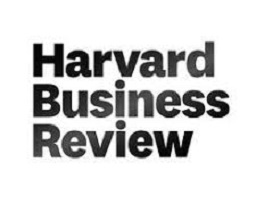Lessons from COVID-19 for behavioural and communication interventions to enhance vaccine uptake.
Although the COVID-19 pandemic is widely considered to be over, vaccination remains the crucial tool to protect people from severe disease. Notwithstanding adequate supply, vaccine uptake varies considerably among countries and segments of society. For example, as of 30 June 2023, uptake of the primary course of vaccines in Europe ranged from 21.1% in Kyrgyzstan […]






